The future of education: MOOC, the massive open online course
The New York Times dubbed 2012 “the year of the MOOC”—the massive open online course—with good reason. MOOC providers like Harvard University, MIT’s edX, and Coursera are molding the future of education, and now have more than two million users combined.
MOOCs resemble correspondence schools, which allow students to study at home and submit coursework remotely—an enticing option for people with busy work schedules. MOOCs build on this educational flexibility, scaling education into the cloud and providing materials and coursework for free. MOOCs like edX provide online courses ranging from theology to computer programming to anyone who wants to learn. An unfortunate drawback to this concept is that most MOOCs do not currently provide college credit.
How MOOCs are challenging education
The MOOC pulls back from the traditional model of adult education. Everyone can participate in a MOOC and submit coursework. Many MOOC instructors do not have Ph.D.s in the subject they teach; MOOC providers like Coursera understand that those most qualified in their field are often not the most qualified to teach more than ten thousand students simultaneously in an online course.
Even more radically, MOOCs are challenging for-profit education’s underlying assumption that materials and coursework require a substantial investment to cover licensing and copyright fees. Indeed, MOOCs are transforming education into a service, much like software has evolved into software as a service by the cloud.
Inevitably, problems with this system arise. How can you feel attended to as a student when competing with thousands, if not tens of thousands, of students for educational resources? How can you schedule office hours with the professor or instructor? MOOCs address these problems with technology.
How do MOOCs work?
MOOCs work through a combination of crowdsourcing and content delivery networks (CDNs). CDNs cache and stream course multimedia at Internet points of presence, allowing students to quickly retrieve streaming content close to their geographic location. MOOCs address the problems of grading and access to instructors through crowdsourcing. Highly attended MOOCs distribute coursework among hundreds of qualified instructors who can work with any number of students. Crowdsourcing allows MOOCs to scale instructing resources according to attendance.
Will degrees still matter?
Traditional four-year universities and four-year degrees are still highly and widely regarded, but will that sentiment last forever? As MOOCs expand with cloud technology and crowdsourcing, the future of education may diversify to value degree programs and MOOC certificates equally.
Image source: Wikimedia Commons
Product Updates
Explore our latest updates and enhancements for an unmatched CDN experience.
Request a Demo
Free Developer Account
Unlock CacheFly’s unparalleled performance, security, and scalability by signing up for a free all-access developer account today.
CacheFly in the News
Learn About
Work at CacheFly
We’re positioned to scale and want to work with people who are excited about making the internet run faster and reach farther. Ready for your next big adventure?





